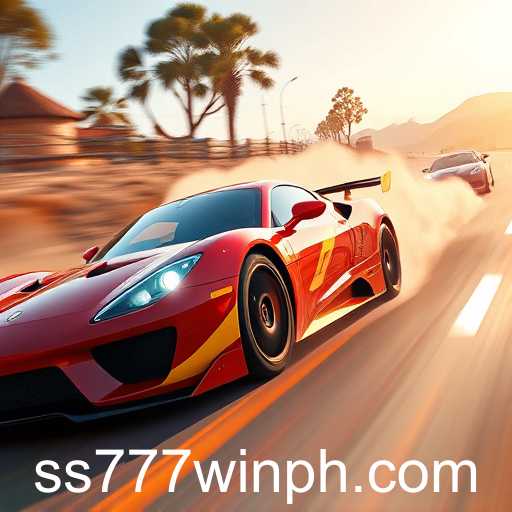This article delves into the thrilling realm of racing games, highlighting their evolution, popularity, and the unique features they offer to gamers.
Racing games have long captivated the hearts and minds of gaming enthusiasts worldwide. As one of the most enduring and popular genres in the gaming industry, racing games offer players a unique blend of speed, strategy, and adrenaline-pumping excitement. This article explores the evolution of racing games, the reasons behind their popularity, and the key features that make them a staple for any gaming platform.
The genesis of racing games can be traced back to the arcade era, where games like 'Pole Position' and 'Out Run' laid the foundation for what would become a cornerstone of gaming culture. These early iterations featured simple graphics and mechanics, yet they were revolutionary for their time, offering players an engaging simulation of automobile racing.
As technology advanced, so did the complexity and realism of racing games. The 1990s and early 2000s saw the release of iconic titles such as 'Gran Turismo', 'Need for Speed', and 'Forza Motorsport'. These games introduced more sophisticated graphics, a wider variety of vehicles, and an immersive racing experience that allowed players to customize their cars and compete in various racing disciplines.
The popularity of racing games can be attributed to several factors. Firstly, the universal appeal of speed and competition makes racing games instantly accessible and attractive to a broad audience. The genre also caters to varying skill levels, with options ranging from arcade-style racers to hyper-realistic simulators that require players to master the intricacies of car handling and track navigation.
Additionally, racing games often include online multiplayer modes, fostering a vibrant community where gamers can compete against friends or strangers in real-time. This social aspect, combined with ongoing updates and downloadable content, keeps players engaged long after the initial release.
Key features of modern racing games include photorealistic graphics, realistic physics engines, and expansive open-world environments. These elements immerse players in a hyper-realistic racing experience that mirrors real-life scenarios. In games like 'Forza Horizon' and 'The Crew', players can seamlessly transition between different types of racing, from street circuits to off-road adventures, all within a single game world.
Moreover, the advent of virtual reality (VR) technology has opened up new possibilities for racing games. VR allows players to experience the thrill of high-speed racing from a first-person perspective, adding a new level of immersion and excitement.
In conclusion, racing games continue to evolve, pushing the boundaries of technology and gaming experiences. Whether you're a casual player seeking the rush of a quick race or a hardcore enthusiast looking to perfect your lap times, the diverse offerings within the racing category ensure there's something for everyone. As technology progresses, the future of racing games promises even more innovation and excitement for gamers around the world.




